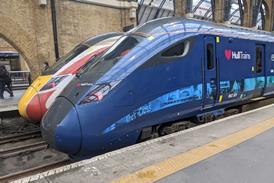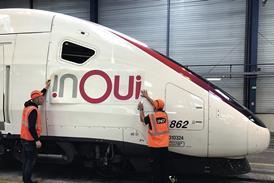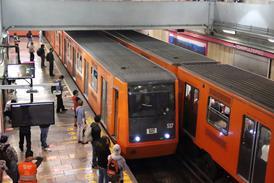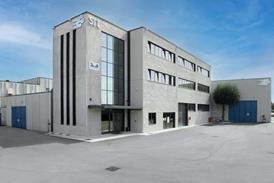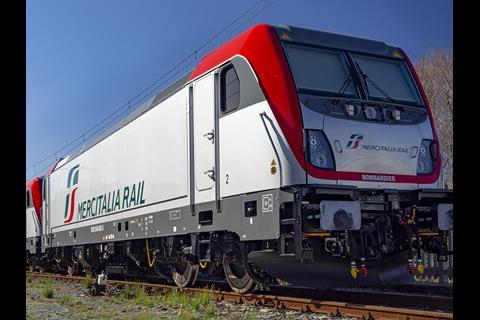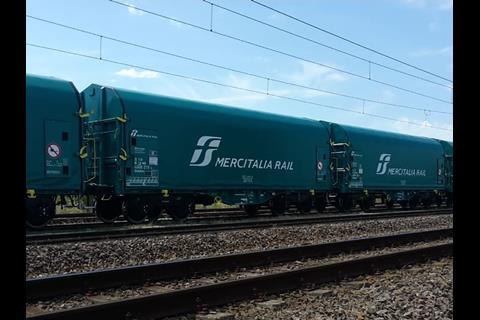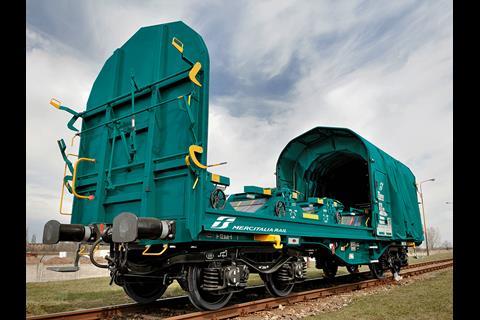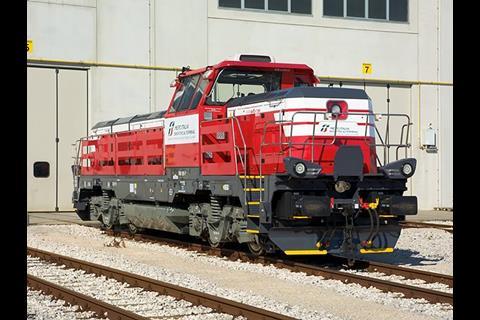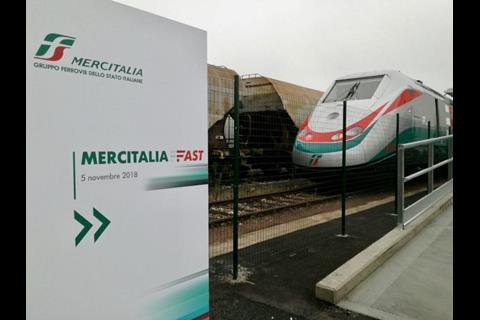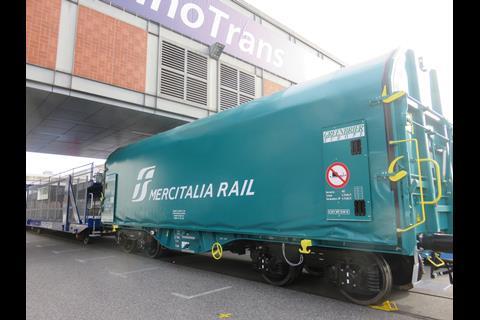EUROPE: Mercitalia Logistics Chief Executive Marco Gosso strongly criticised the performance of European infrastructure managers at the Transport Logistic trade show in München on June 6.
Insisting that the FS subsidiary would ‘increase the pressure on infrastructure managers’, Gosso said that freight operators were still not being adequately compensated for day-to-day disruption caused by infrastructure problems. ‘Generally if a train does not run, we get the cost of buying the path back, but this is only a small portion of the overall cost of providing a service’, he said. Rail freight operators ‘will die’ if the question of operational economics is not addressed, he told Railway Gazette.
Asked if the 2017 tunnel collapse at Rastatt in Germany had helped to focus minds on better supporting rail freight operators during disruption, Gosso felt that ‘nothing much has changed’. Mercitalia Logistics is ‘still asking DB Netz for damages’, he added, noting that three of the group’s subsidiaries were affected.
Nevertheless, Gosso presented an upbeat picture of the company’s performance since it was established at the start of 2017 to bring together the Italian state railway’s heavily loss-making freight activities.
Announcing that the first phase of Mercitalia’s strategic plan was now complete, Gosso said that the focus would switch from reorganisation to development. Losses across the group have largely been stemmed and it is starting to generate cash despite the challenging economics of rail freight. ‘The key to the turnaround is productivity. Delivering more services across the logistics chain while keeping our cost base the same’, he explained.
In its 2019-23 industrial plan, Mercitalia will spend €1bn across its business, of which around €700m will be allocated to rolling stock. Operation of longer and heavier trains will be a priority, and Mercitalia Rail has already started to deploy the first of 60 Bombardier Traxx DC3 locos on domestic traffic. In line with these objectives, the company plans to run its first 2 200 tonne cereals train on June 12.
International growth is another strategic priority, especially on the key trans-Alpine corridors through Switzerland and Austria. Mercitalia Rail CEO Gianpaolo Gotelli confirmed plans to develop two new intermodal terminals in northern Italy by 2023 to handle anticipated traffic growth related to the completion of the Ceneri Base Tunnel and the high-clearance Gotthard corridor. Segrate near Milano will be able to handle up to 44 trains per day while Brescia will accommodate around half that number; both terminals will be able to receive 750 m long trains.

